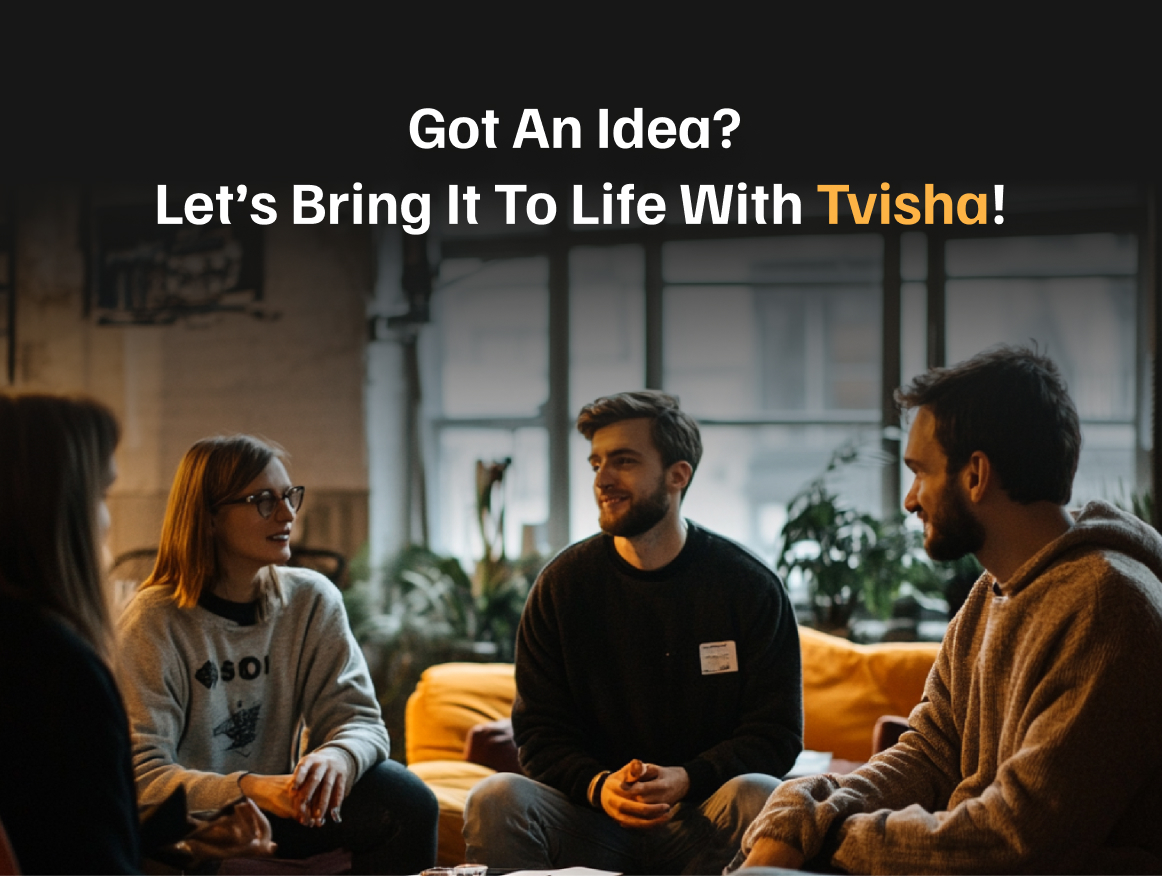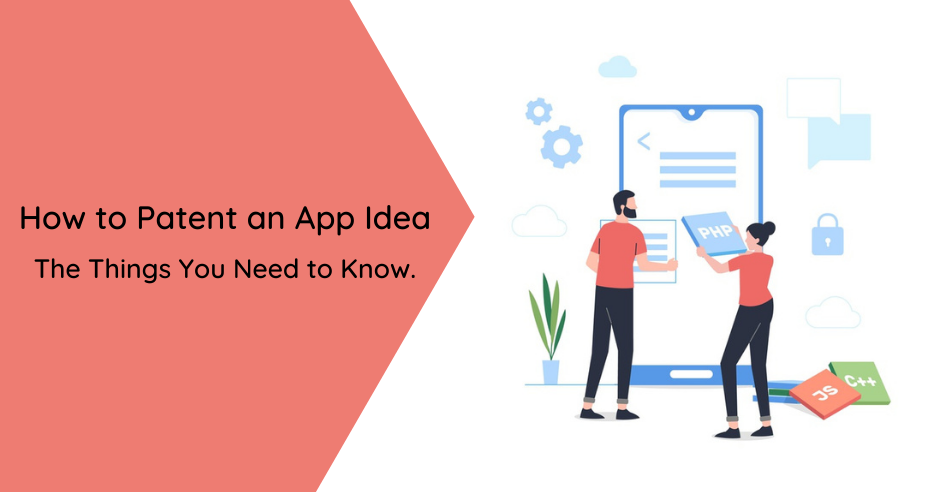
How to Patent an App Idea – The Things You Need to Know
If you have an app idea, then you have probably already wondered whether you should protect your app idea. The answer depends on who you ask the question. For example, a lawyer always says "yes" and an investor always says "no". But what should you as an entrepreneur do with an app idea? Should you protect your app idea or not? We explain how it works and what you do best to protect your app idea.
1. Patents Rights
Let me start with the legal piece. Protecting an app idea is difficult from a legal point of view. In India, it is not possible to apply for patents on an app idea. Even if you are an application developer or app entrepreneur; that is not possible. A new chemical formula, a tangible product, or a machine part can be protected. But an app idea is not unique enough. It is possible to get protection on your name and brand so that you protect the name of your patenting an app development and it may not just be copied. But that doesn't protect your idea. Yet there are other methods.
2. Recording your Idea
It is possible to record that your idea was conceived by you on a specific date. That you are the first. You record this in legal constructions, where an idea is recorded in a kind of safe and given a date stamp. However, that does not mean that your app idea is protected. Just because you were the first doesn't mean it's your idea. It only provides legal aid, as evidence, but does not mean that no one should develop your idea for an app developer.
If you think recording your idea is important, there is an easy way to have the other party confirm that you were first by e-mail. If you had a meeting with another party, send an email to them afterward. Describe your idea briefly, for example in one sentence. If you are smart, use a question in your email, so that this elicits a response from the other party.
3. Make, Drawing or Model
With a brand((opens in new window))as a company, you can make it clear which products you have marketed, so that customers can distinguish them from the products of your competitors. A brand can be in the form of a logo, an abbreviation, a slogan, or even a sound clip. You can register trademarks, which gives you a number of exclusive rights to the use of your trademark. There are three possible procedures for registering a trademark, depending on the area for which you want trademark protection: the Benelux procedure, the Community procedure, or the international procedure.
With a drawing or a model, you protect the appearance of a product. This concerns the characteristics of lines, contours, colors, shape, texture, or materials of the product itself or of its decoration. Drawings include all two-dimensional shapes, such as designs and patterns on fabrics and paper. Models include the three-dimensional shapes of utensils or parts thereof, such as the model of a car or the shape of a coffee pot.
4. Confidentiality Statement
Getting a nondisclosure agreement signed with everyone you talk to about your idea is also an option. However, if the person you are speaking to modifies your idea just a little bit, then it is no longer identifiable to you and your nondisclosure agreement is virtually worthless in a lawsuit. Then someone else can just develop the app. Protecting your app idea with a nondisclosure agreement is therefore difficult.
In addition: Suppose you pitch your idea to an investor, mobile app development, or another party. Then of course you are the hotel of your idea. What you forget is that that party has most likely heard and will hear a similar idea more often. By forcing the other party to sign a nondisclosure agreement in advance, you ensure that they are never allowed to create, invest, or otherwise create a compliant idea again. In other words, he is prone to lawsuits. So another party will hardly ever sign a nondisclosure agreement because it harms its interests without gaining anything. Then he cuts his fingers. So it makes little sense to ask this and it will not yield you much. Not a handy way to protect your app idea.
5. Still Sleep Well
Still, I understand very well that you want to protect your mobile app idea. It's your idea. You made it up and no one else should "run-off" with it. You are so busy with it that it has become a bit like your child. And in Hollywood movies, you see how people take ideas and runoff. How are you supposed to sleep peacefully when others have heard your app idea?
Now I will reassure you: the stealing of ideas is almost non-existent. That's something that almost only appears in movies. In real life, everyone is busy with their own ideas, hobby, or project. Someone else's idea might be good, but not nearly as good as your own. Everyone has “their own baby” and has no desire or time to spend on someone else's idea. In very exceptional cases you see that large companies do have the interest and the manpower to take over an idea. However, that is very different from sharing your idea with friends, colleagues, or small businesses that really don't need your idea and are working on their own.
In fact, I've heard more than 600 ideas by now. I keep each of those ideas confidential and never pass them on to others. I have never heard of all those people that their idea has been stolen by anyone. So it also turns out in practice: stealing an idea does not happen!
6. You Don't Make an App Alone
And now a reason to share your idea. An idea has to grow to become a full app. You don't do that on your own, but you do it with other people. Others will help you improve your idea, test your idea, finance it, bring it to the market and get in touch with new people.
So often I hear from someone: "That idea that you have now come true, I already came up with 5 years ago." They left their idea behind in a cupboard because they did not dare to share it with anyone. I find that very unfortunate. And why not share your idea with others? Protecting your app idea stands in the way of sharing your idea!
In short: it is hardly possible to protect your app idea, you have nothing to fear and it is valuable to share it. It is a personal victory to share your idea. But also an essential step if you want to bring your idea to the market. So be a hero and share your idea with others!
7. NDA or Non Disclosure Agreement
Serious investors will not sign a nondisclosure agreement. When you ask for this, you radiate that you are an amateur. Most ideas have no secret content and can be submitted without revealing the secret ingredient. When you have a good idea, someone is probably already working on it. Since investors talk to many startups, they won't sign anything, so they can't invest in other startups that might even have a better team.
Verdict: Whether you have an idea for an Android or iPhone app, try to validate your idea as soon as possible. That is the most important.
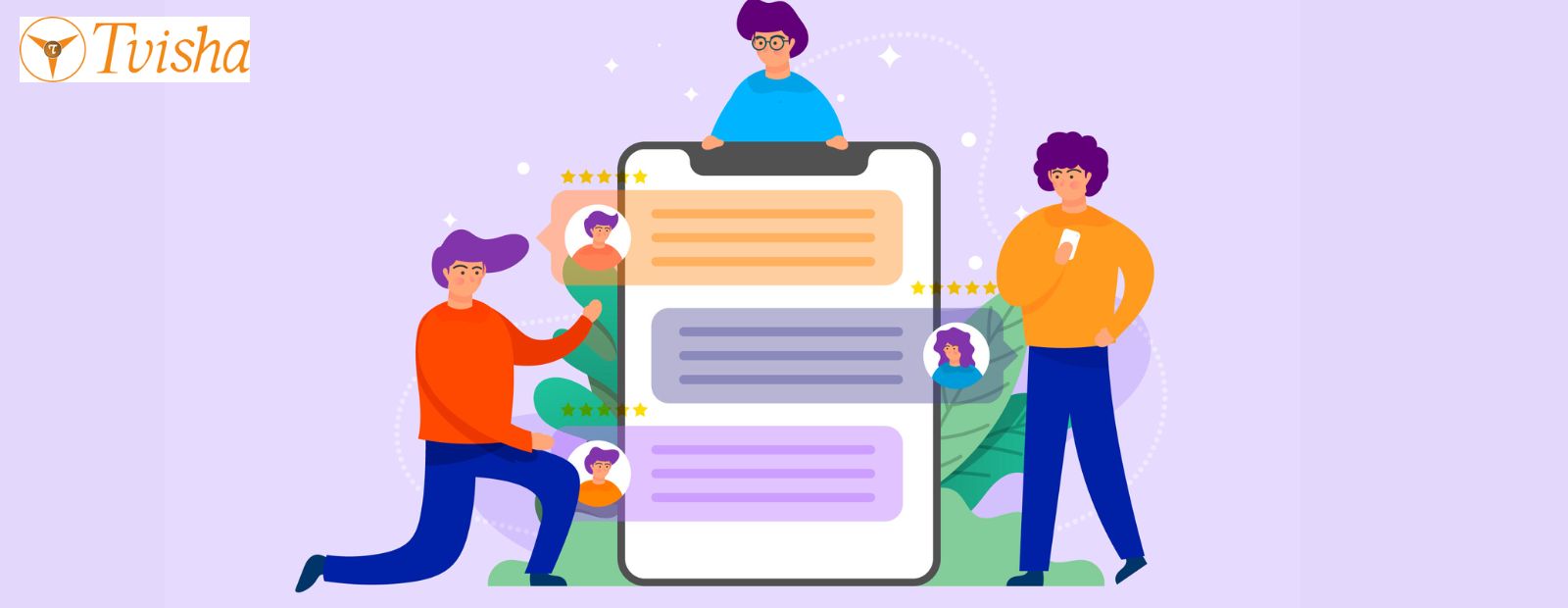
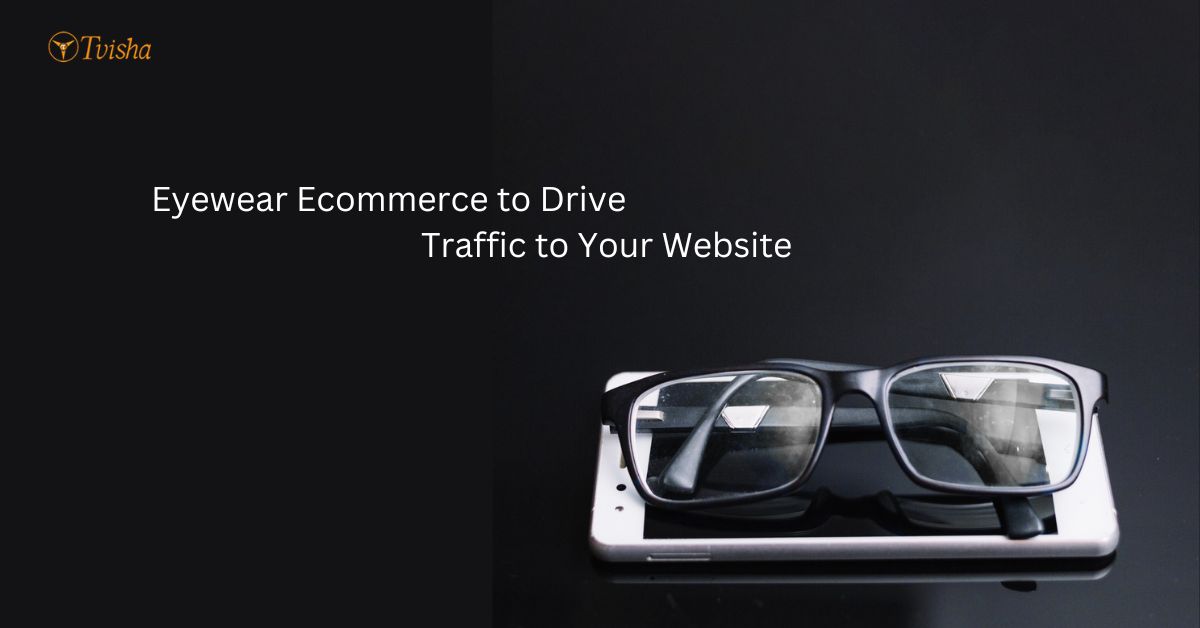
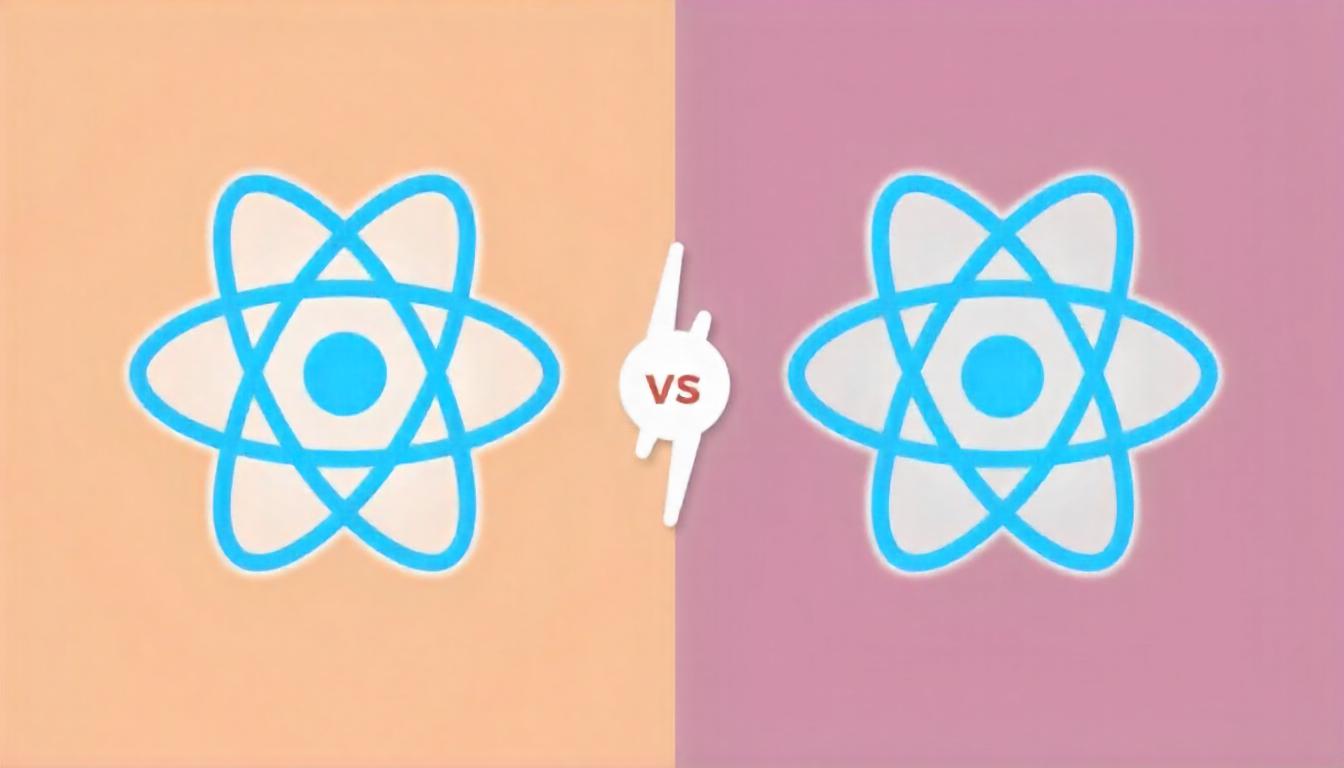
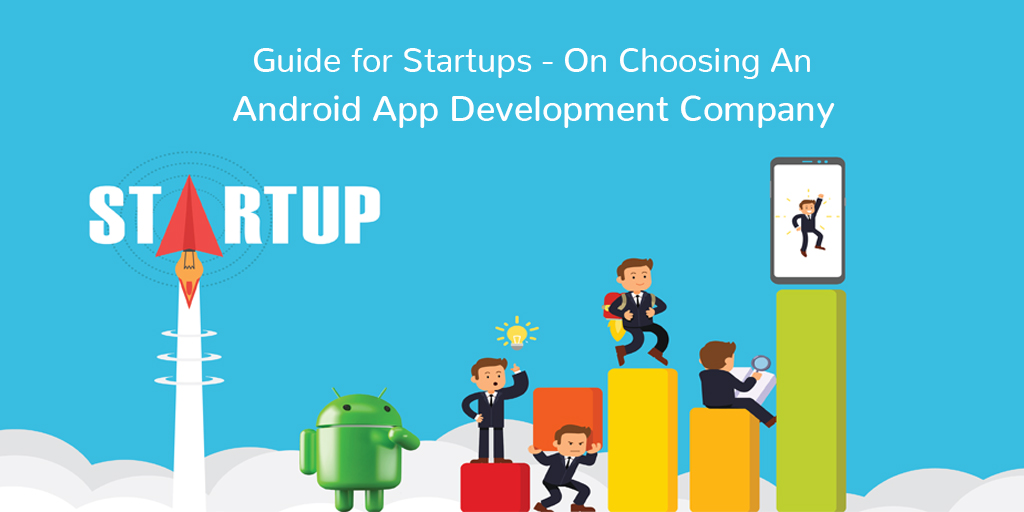

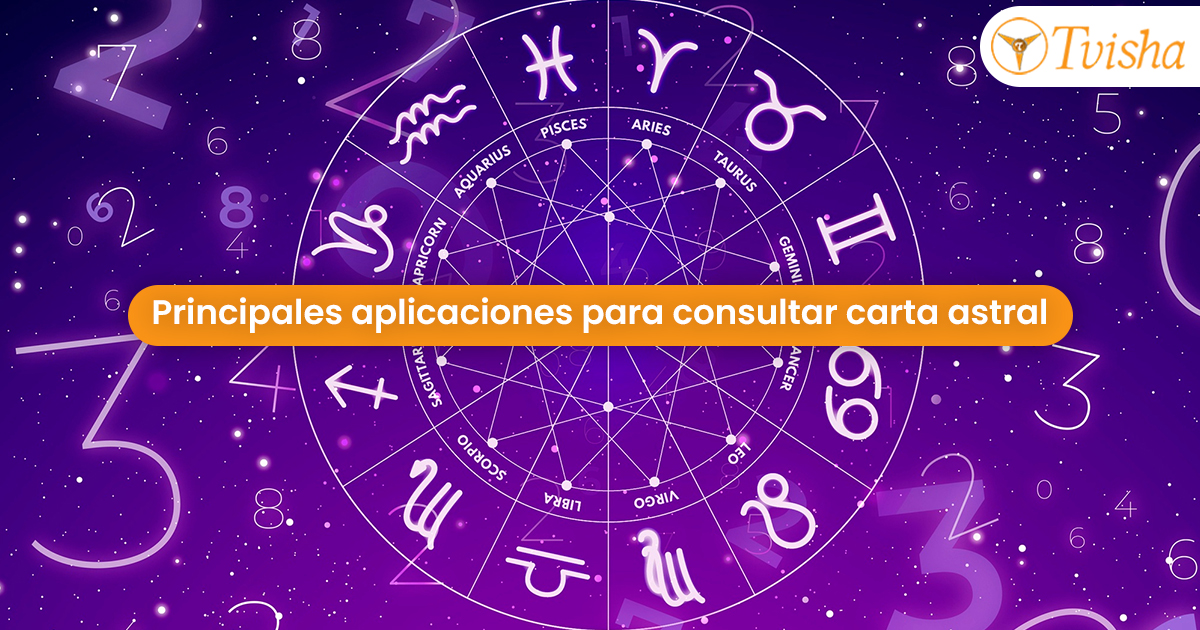








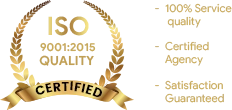

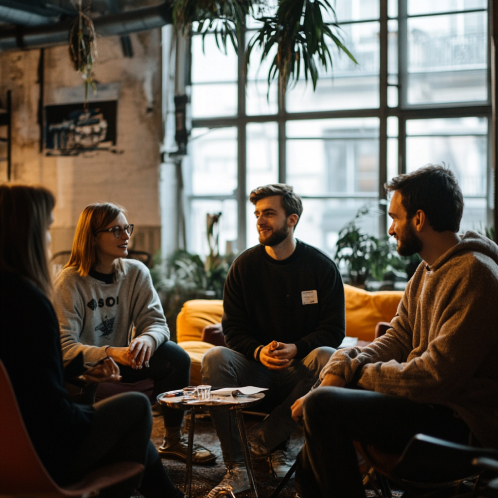
 Whatsapp
Whatsapp
 Email
Email
